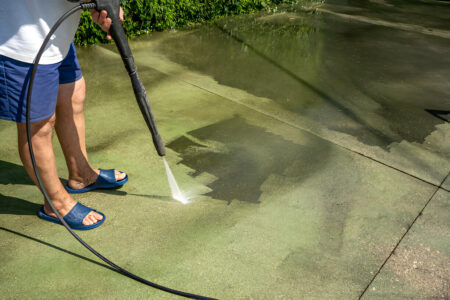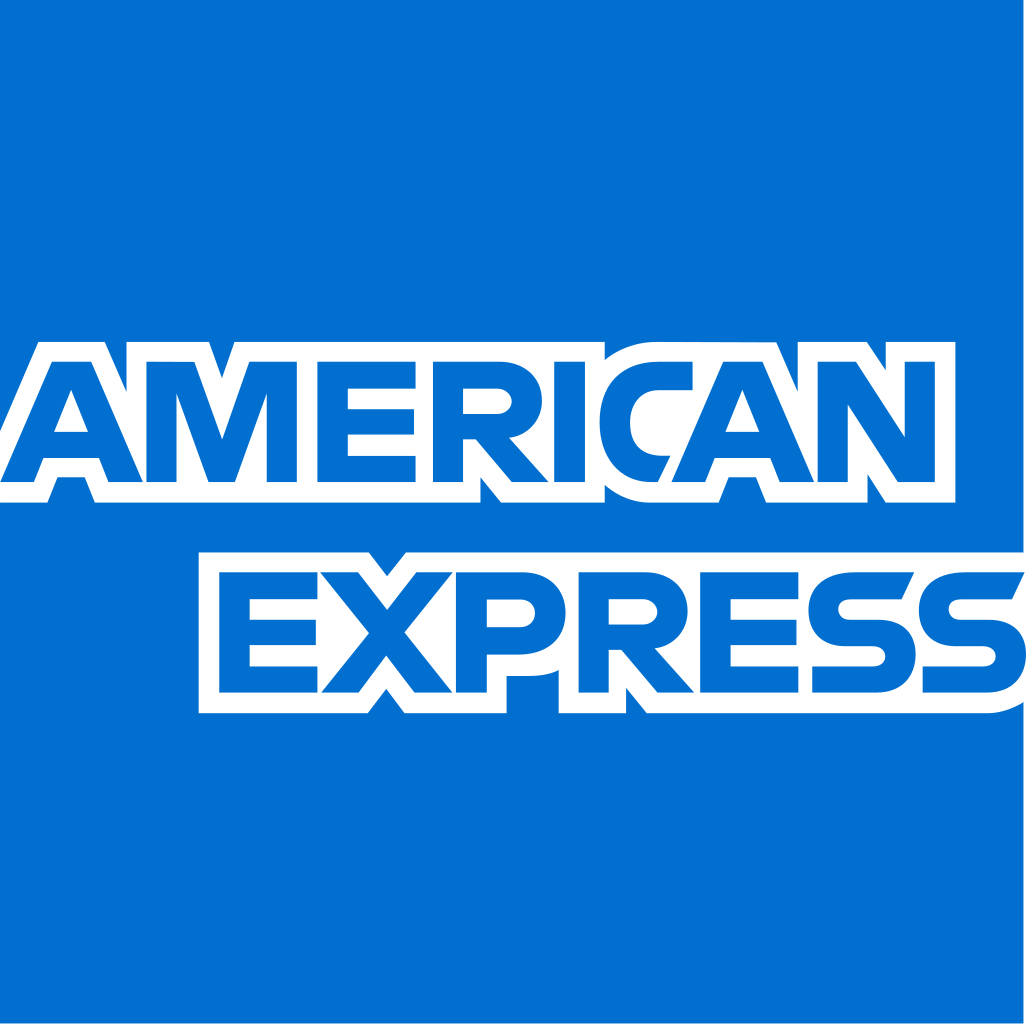Have you ever had to deal with a stubborn drain blockage that just wouldn’t budge? It’s a common problem that can cause a lot of frustration. Luckily, there’s an effective solution: the jet wash drain cleaner. This powerful tool can make quick work of even the toughest clogs, ensuring your drains stay clear and functional. In this guide, we’ll dive into everything you need to know about jet wash drain cleaners, from how they work to why they’re a great choice for maintaining your drainage system.
How Jet Wash Drain Cleaners Work?
A jet wash drain cleaner, also known as a hydro jet drain cleaner, uses high-pressure water to clear blockages and clean the inside of pipes. The basic mechanism involves a hose that releases water at extremely high pressure, dislodging debris, grease, and other build-ups from the pipe walls. There are various types of jet washers, including portable units for home use and larger, more powerful machines for commercial and industrial applications. Key components typically include the high-pressure hose, nozzle, and a motor or engine to generate the necessary water pressure.
Advantages of Using a Jet Wash Drain Cleaner
One of the biggest advantages of jet wash drain cleaners is their efficiency. They can quickly and effectively clear blockages without the need for harsh chemicals. This makes them an environmentally friendly option, as they rely solely on water pressure to do the job. Additionally, jet washers are highly versatile, capable of handling a wide range of drain cleaning tasks from residential plumbing to large-scale industrial pipes.
Common Applications
Jet wash drain cleaners are incredibly versatile and can be used in various settings. In residential areas, they are perfect for clearing household drains and sewer lines. Commercial and industrial facilities often use more robust jet washers to maintain their drainage systems, preventing costly downtime due to blockages. Municipal and public works departments also rely on these machines to keep city sewers and storm drains clear, ensuring the public infrastructure runs smoothly.
Step-by-Step Guide to Using a Jet Wash Drain Cleaner
Preparation and Safety Measures
Before you start, make sure to wear appropriate personal protective equipment (PPE), such as gloves and safety goggles. Check the area for any hazards and ensure that the work area is clear of obstructions.
Setting Up the Equipment
Connect the jet wash drain cleaner to a water source and ensure that all connections are secure. Attach the appropriate nozzle for the job at hand, and make sure the machine is positioned safely and securely.
Operating the Jet Washer
Slowly insert the hose into the drain, turning on the water flow gradually to avoid sudden pressure surges. Move the hose through the pipe, allowing the high-pressure water to break up and flush out blockages.
Post-Cleaning Procedures
Once the drain is clear, turn off the machine and carefully remove the hose. Inspect the drain to ensure all debris has been removed. Clean and store the equipment properly to ensure it’s ready for the next use.
Safety Tips and Precautions
When using a jet wash drain cleaner, safety should be your top priority. Always wear the recommended PPE, and be cautious when handling high-pressure hoses. Store the equipment safely and securely, away from children and pets. If you’re dealing with hazardous materials, take extra precautions to avoid exposure and contamination.
Choosing the Right Jet Wash Drain Cleaner
There are several factors to consider when choosing a jet wash drain cleaner, including the pressure rating, hose length, and nozzle types. Top brands like Ridgid, Karcher, and General Pipe Cleaners offer a range of models to suit different needs. Compare features and prices to find the best fit for your requirements.
Maintenance and Troubleshooting
Regular maintenance is key to keeping your jet wash drain cleaner in top condition. This includes cleaning the hoses and nozzles, checking for wear and tear, and ensuring the motor or engine is functioning properly. Common issues, such as reduced water pressure or blockages in the hose, can often be resolved with simple troubleshooting. If problems persist, it might be time to call a professional for repair or servicing.
Environmental Impact
Using a jet wash drain cleaner is an eco-friendly choice compared to chemical drain cleaners. It eliminates the need for harmful chemicals that can pollute waterways and harm wildlife. However, it’s important to be mindful of water usage and strive to conserve water where possible. Properly disposing of any debris or waste material is also crucial to minimize environmental impact.
Cost Considerations
The initial investment in a jet wash drain cleaner can vary widely depending on the model and features. While more powerful commercial units can be expensive, the long-term savings from avoiding frequent professional drain cleaning services and preventing major plumbing issues can be significant. Operating costs, such as water and energy usage, are generally low, making jet washers a cost-effective solution in the long run.
Case Studies and Real-Life Examples
There are many success stories from homeowners who have used jet wash drain cleaners to solve persistent drainage problems. Commercial cleaning projects often showcase the power and efficiency of these machines in large-scale applications. Municipal maintenance achievements highlight how public works departments use jet washing technology to keep city infrastructure running smoothly.
Innovations and Future Trends
The field of jet washing technology is constantly evolving, with new advancements improving efficiency and ease of use. Innovations such as remote-controlled jet washers and advanced nozzle designs are making it easier to tackle even the most challenging blockages. Future trends may include increased automation and the integration of smart technology to monitor and maintain drainage systems more effectively.
Frequently Asked Questions
How Often Should I Use a Jet Wash Drain Cleaner?
For regular maintenance, using a jet wash drain cleaner once or twice a year is usually sufficient. However, more frequent use may be necessary for heavily used or problematic drains.
Can I Rent a Jet Wash Drain Cleaner?
Yes, many equipment rental companies offer jet wash drain cleaners for short-term use. This can be a cost-effective option if you only need the equipment occasionally.
What Should I Do If the Jet Washer Doesn’t Clear the Blockage?
If the blockage persists despite using the jet washer, it may be time to call a professional plumber. There could be a more serious issue that requires specialized equipment or expertise to resolve.
Conclusion!!
Jet wash drain cleaners are a powerful and efficient tool for maintaining clear and functional drains. Their versatility, environmental benefits, and cost-effectiveness make them an excellent choice for both residential and commercial applications. By understanding how to use and maintain these machines, you can keep your drainage system in top condition and avoid the hassle of stubborn blockages. Give jet washing a try and experience the difference it can make in your home or business.







